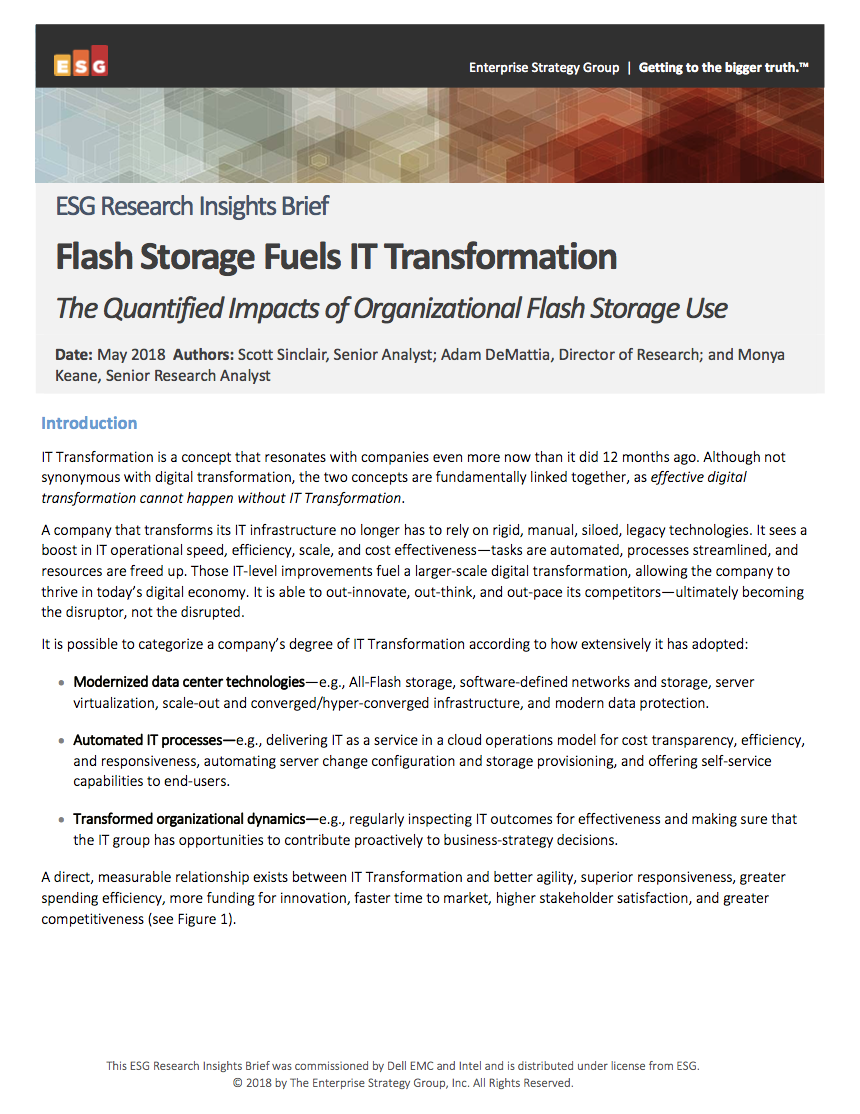Google Transfer Service launched for those handling enormous data migrations
Enterprise customers can transfer billions of files at once with the firm's latest tool


Google Cloud Platform (GCP) has developed a software service to help organisations handle massive data transfers between on-premise locations and the cloud faster and more efficiently than existing tools.
The tool has been designed for organisations that need to undergo large-scale data transfers in the region of billions of files, or petabytes of data, between physical sites to Google Cloud storage in one fell swoop.
GCP’s Transfer Service for on-premises data, released in beta, is also a product that allows businesses to move files without needing to write their own transfer software or invest in a paid-for transfer platform.
Google claims custom software options can be unreliable, slow and insecure as well as being difficult to maintain.
RELATED RESOURCE

Flash storage fuels IT transformation
Discover the quantified impacts of organisational flash storage use
Businesses can use the service by installing a Docker container, with an agent for Linux, on data centre computers, before the service co-ordinates the agents to transfer data safely to GCP storage.
The system makes the transfer process more efficient by validating the integrity of the data in real-time as it gradually shifts to the cloud, with an agent using as much available bandwidth to reduce transfer times.
The data transfer service is a larger-scale version of tools such as gsutil, a cloud transfer service also developed by Google, which is unable to cope with the scale of data that Transfer Service has been designed to handle.
Sign up today and you will receive a free copy of our Future Focus 2025 report - the leading guidance on AI, cybersecurity and other IT challenges as per 700+ senior executives
The firm has recommended that only businesses with a network speed faster than 300Mbps use its Transfer Service, with gsutil sufficing for those with slower speeds.
Customers also need a Docker-supported 64-bit Linux server or virtual machine that can access the data to be transferred, as well as a POSIX (Portable Operating System Interface)-compliant source.
The product is aimed squarely at enterprise users, and comes several weeks after the company announced a set of migration partnerships aimed at customers running workloads with the likes of SAP, VMware and Microsoft.

Keumars Afifi-Sabet is a writer and editor that specialises in public sector, cyber security, and cloud computing. He first joined ITPro as a staff writer in April 2018 and eventually became its Features Editor. Although a regular contributor to other tech sites in the past, these days you will find Keumars on LiveScience, where he runs its Technology section.
-
 TPUs: Google's home advantage
TPUs: Google's home advantageITPro Podcast How does TPU v7 stack up against Nvidia's latest chips – and can Google scale AI using only its own supply?
-
 Microsoft Excel is still alive and kicking at 40
Microsoft Excel is still alive and kicking at 40News A recent survey found Gen Z and Millennial finance professionals have a strong “emotional attachment” to Microsoft Excel